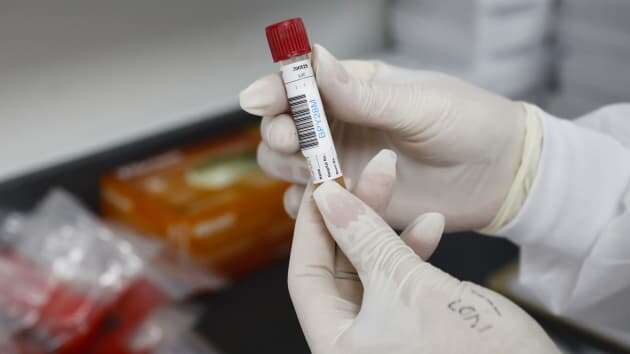November 9 (CNBC) – U.S. pharmaceutical giant Pfizer and German biotech firm BioNTech announced Monday their coronavirus vaccine was more than 90% effective in preventing Covid-19 among those without evidence of prior infection, hailing the development as “a great day for science and humanity.”
“I think we can see light at the end of the tunnel,” Pfizer Chairman and CEO Dr. Albert Bourla told CNBC’s Meg Tirell on “Squawk Box.”
It comes as drugmakers and research centers around the world scramble to deliver a safe and effective vaccine in an attempt to bring an end to the coronavirus pandemic that has claimed over 1.25 million lives worldwide.
Scientists are hoping for a coronavirus vaccine that is at least 75% effective, while White House coronavirus advisor Dr. Anthony Fauci has previously said one that is 50% or 60% effective would be acceptable.
U.S. stock futures skyrocketed on the news. Futures on the Dow Jones Industrial Average surged 1,458 points, implying an opening gain of more than 1,400 points.
The results were based on the first interim efficacy analysis conducted by an external and independent Data Monitoring Committee from the phase three clinical study. The independent group of experts oversees U.S. clinical trials to ensure the safety of participants.
The analysis evaluated 94 confirmed Covid-19 infections among the trial’s 43,538 participants. Pfizer and BioNTech said the case split between vaccinated individuals and those who received a placebo indicated a vaccine efficacy rate of above 90% at seven days after the second dose.
It means that protection from Covid-19 is achieved 28 days after the initial vaccination, which consists of a two-dose schedule.
The final vaccine efficacy percentage may vary, however, as safety and additional data continue to be collected.
“The first set of results from our Phase 3 COVID-19 vaccine trial provides the initial evidence of our vaccine’s ability to prevent COVID-19,” Bourla said in a statement.
“We are reaching this critical milestone in our vaccine development program at a time when the world needs it most with infection rates setting new records, hospitals nearing over-capacity and economies struggling to reopen,” Bourla continued.
“With today’s news, we are a significant step closer to providing people around the world with a much-needed breakthrough to help bring an end to this global health crisis. We look forward to sharing additional efficacy and safety data generated from thousands of participants in the coming weeks.”
Roughly 42% of the trial’s global participants had racially and ethnically diverse backgrounds, Pfizer and BioNTech said, adding that there haven’t been any serious safety concerns reported yet.
The companies said they planned to submit for emergency use authorization to the U.S. Food and Drug Administration soon after they have two months of data, which is currently on track for the third week of November.
Based on current projections, Pfizer and BioNTech expect to produce up to 50 million vaccine doses in 2020, and up to 1.3 billion doses in 2021.
The companies said they plan to submit data from the full phase three trial, which began on July 27, for scientific peer-review publication.
U.S. officials and scientists are hopeful a vaccine to prevent Covid-19 will be ready in the first half of 2021 — 12 to 18 months since Chinese scientists first identified the coronavirus and mapped its genetic sequence.
It’s a record-breaking time frame for a process that normally takes about a decade for an effective and safe vaccine. The fastest-ever vaccine development, mumps, took more than four years and was licensed in 1967.





























































